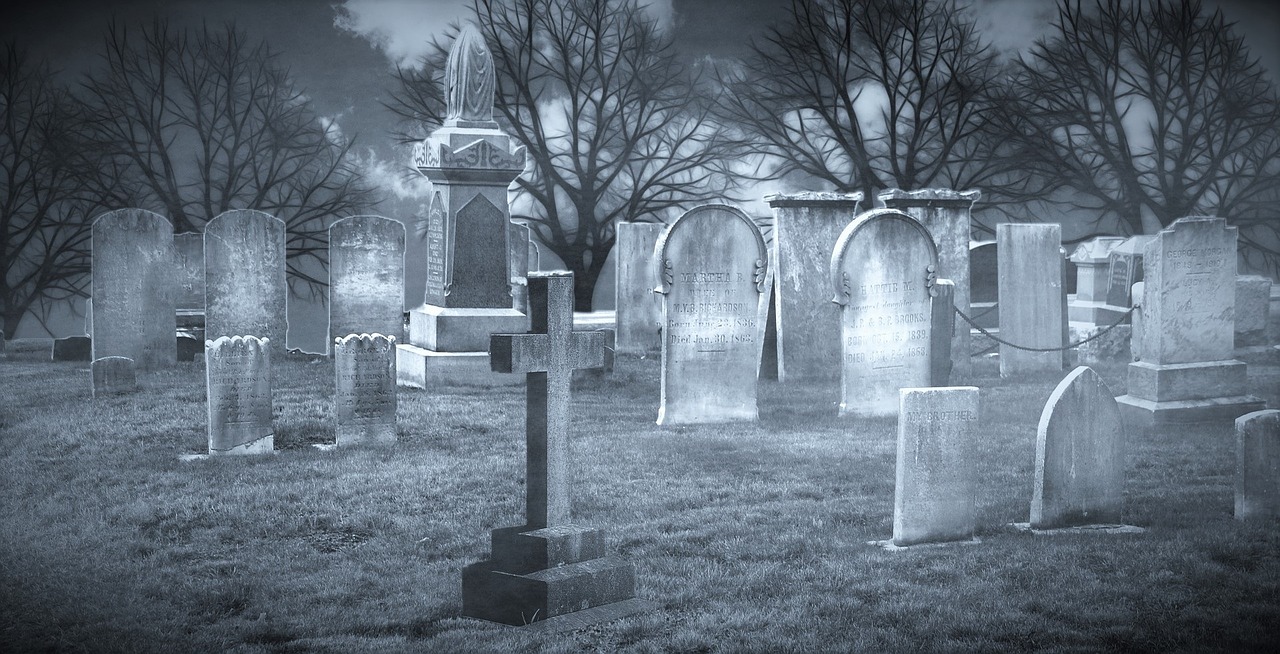Tomb Sweeping Day honors ancestors while connecting modern families
Ching Ming the Tomb Sweeping Day originated in China. It is observed on the 15th day after the Spring Equinox. On the Western calendar this translates to April 4th or 5th. On this national day of observation of death, descendants visit gravesites of family members who have passed. There are distinct rituals. One is sharing of food, picnic style graveside if there was a burial or at the marker for Chinese families whose loved ones chose cremation. Traditions of the culturally diverse Lower Mainland are recognized and respected by Richmond-based, Can-Trust-Funeral Ltd. They are among the lifecycle events understood by the licensed and professional funeral directors who serve families who seek help with funeral arrangements in Vancouver, funeral services in Surrey, in Burnaby and in New Westminster. Ching Ming activity occurs long after a cremation, memorial or funeral service, yet is a long term value present even during a funeral arrangement.
What is the origin and importance of Ching Ming (Qingming)?
Tomb Sweeping Day brings families together in remembrance, not only with each other, but also with the whole country if in China where the tradition originated, or within the community they reside in the world over.
The name is based on two Chinese characters: Ching which means clean or pure and of Ming which represents brightness. A day to honour the dead exists in most cultures. In China ancestor worship is known as the only religion native to China. All other religions practiced in China or by Chinese people in the Lower Mainland of BC would have been imported from outside the country.
What are the rituals of Ching Ming?
Families will, at a minimum, make an annual visit to the gravesite on the Qing Ming or Tomb Sweeping Festival.
At the gravesite, families gather and carry out these rituals:
- Weed the area
- Clean the headstone
- Place fresh flowers and remove wilted ones
- Light incense
Some also burn Joss, the imitation paper money, similar to the practice of burning it at the funeral to provide for the deceased in the afterlife.
When family gathers you can expect that food preparation and sharing is in the plans
- The food is eaten together at the gravesite or marker in the case of cremation as if at a picnic with the loved one who has passed. Tradition holds that it is good luck to eat food first laid out at the headstone in an offering to the spirits of the deceased.
- As at the time of a funeral, the resting place of the deceased is approached in a set order determined by family roles and ages. Rituals include bowing, pouring out a cup of wine at the headstone holding the right fist cupped in the left hand.
- Modern families often opt to simplify the visit and obligate only the eldest son. In this case the formal offering at the visit may be limited to incense, paper money and flowers.
A professional funeral director can help guide a grieving family with their immediate funeral arrangements. They are sensitive to the cultural rituals in an increasingly diverse community and can guide families in the best course of action and the many choices involved in funeral services to best suit their needs and understand their future connection to the funeral service.
If you require reliable, straightforward and affordable service, with compassion, always, contact Can-Trust-Funeral before you engage with any funeral homes. Call 604-376-7975 or email to book a free professional consultation. You are never obligated.
Our Can-Trust team of licensed funeral directors, provides funeral services in Burnaby, funeral services in Richmond, Vancouver and throughout the Lower Mainland.
Phone: 604-376-7975
E-mail: can-trust-funeral@outlook.com
WeChat: Cantrustfuneral
Learn more at the Can-Trust Funeral Ltd website

